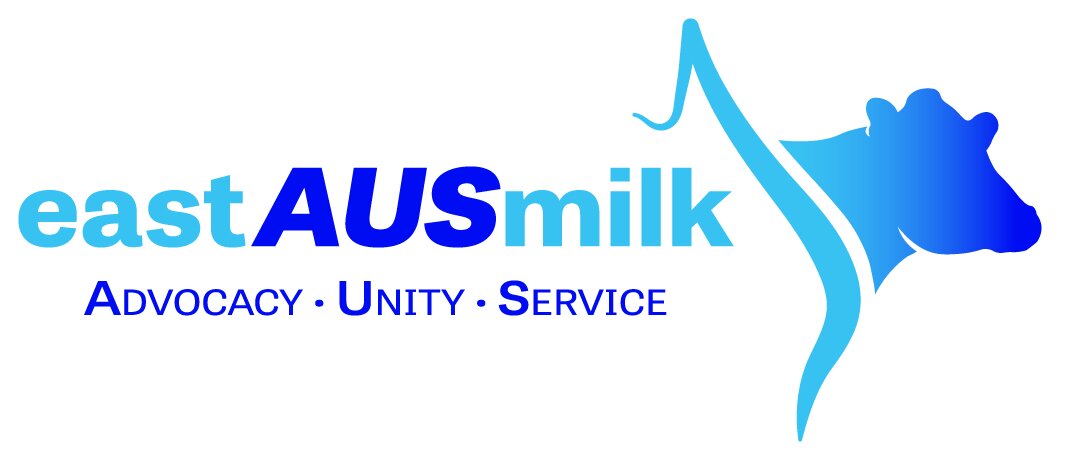These five items should definitely be taken off the menu for dairy cows
It's essential to make sure the potatoes are of a size that will not get stuck in a cow's throat.
I am not a ruminant nutritionist.
Sure, some vets attain higher qualifications in ruminant nutrition.
However, I am personally unqualified to be making recommendations about diet compositions, debating the finer points of NDF (neutral detergent fibre), or preaching the benefits of rumen-protected methionine.
In fact, grimly fiddling with percentages in a nutrition program is a sure-fire way to send me to sleep.
I would rather spend an hour extracting a rotting calf than formulate a lactating cow diet - a natural preference when you have a high tolerance for stench and a low tolerance for metabolic pathways.
However, I've seen things go into cow mouths that even I knew were not meant to be there.
Maybe people get caught out by 'it seemed like a good idea at the time', or perhaps it's a lack of awareness?
Whatever the case, the following items should definitely be taken off the menu.
1. Restricted animal material
In 1986, a new disease was reported in cattle in the United Kingdom.
Cows would walk strangely and fall over a lot, and then show signs of aggression, anxiety, and frenzy.
This led to the name 'mad cow disease' (which is a lot easier to remember than 'transmissible spongiform encephalopathy').
It was then found that humans eating affected material would also develop neurological signs.
The resulting panic resulted in the slaughter of 4.4 million cattle in the UK and a decade-long ban on British beef that decimated the industry.
Flash forward to today.
Since 1996 it has been illegal in Australia to feed any material taken from a vertebrate animal other than tallow, gelatin or milk products to ruminants.
Recycled cooking oil can be fed... but only from Australian Renderers Association accredited sources.
While I haven't seen anyone gleefully encouraging cow-on-cow cannibalism, I have spoken to farmers giving eggs to scouring calves.
It's true that eggs are nutritious, but they are also illegal to feed to ruminants.
This helps to protect Australian livestock and agricultural exports, alongside participation in disease surveillance programs (i.e., the only reason I can list 'axe-assisted brain extraction' as a skill on my CV).
2. Car batteries
Every time I've seen a case of lead poisoning and asked if the animals have had access to car batteries, a client has looked at me like I'm the one who's mad.
Look, we all know that sometimes the farm (or lease block) isn't as tidy as we'd like it to be.
Heifers are curious animals, and they love the sweet taste of lead.
I once tested a group of 50 healthy-looking survivors exposed to a single battery and was astounded to find that every one of them had blood levels that were off the charts.
So, if you were looking for a bit of a push to do some belated spring cleaning... well, consider this it.
3. Cypress tree trimmings
But if you decide to prune all your cypress trees while you're at it, then don't let your cows get at the trimmings.
Pine and cypress trimmings cause abortions in cattle - and it only takes a few late pregnant recipient cows losing their high genetic merit sexed semen embryos to severely ruin someone's week.
People sometimes tell me that animals just seem to 'know' what they need and won't consume silly things that are harmful to them.
Unfortunately, having peered into the contents of many a cow's stomach, I can assure you that this is not the case.
4. Whole potatoes
Excess produce sometimes finds its way onto dairy farms.
Growing up in a budget-conscious household gave me an almost pathological hatred of food waste, so it warms my thrifty heart to see perfectly good calories being recycled.
However, it's essential to make sure the potatoes are of a size that will not get stuck in a cow's throat.
Cows need to pass gas to avoid bloat.
There are also nutritional considerations which would best be addressed by speaking to, you know, an actual nutritionist.
I'm just the poor schmuck who does not enjoy trudging out with the stomach tube and paraffin oil on a late Saturday night.
5. Diesel
Speaking of which, it's true that bloat oil contains paraffin and paraffin is derived from petroleum.
Diesel fuel is also derived from petroleum, so I can see how one might confuse the two.
However, it is a severely bad idea to feed diesel to your cattle.
Do not put rocks into a trough and cover them with diesel to try and encourage your cows to lick the oil.
Yes, it may prevent them from developing bloat, but it will also cause extensive chemical burns to the lining of the rumen and your local vet will be confused and pretty horrified that you tried to do this.
So, there you have it. Have I missed anything? If so, send me an email.
*Ee Cheng Ooi is a cattle veterinarian undertaking a PhD in fertility and genetics at DairyBio. All comments and information in this article are intended to be of general nature only. Please consult the farm's vet for advice, protocols and/or treatments that are tailored to the herd's particular needs. Comments and feedback are welcome, email ecooi.vet@gmail.com.

